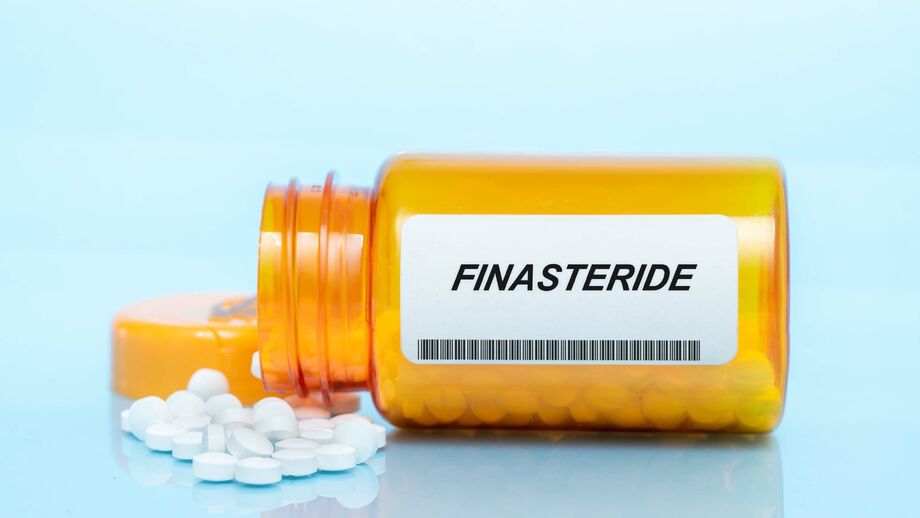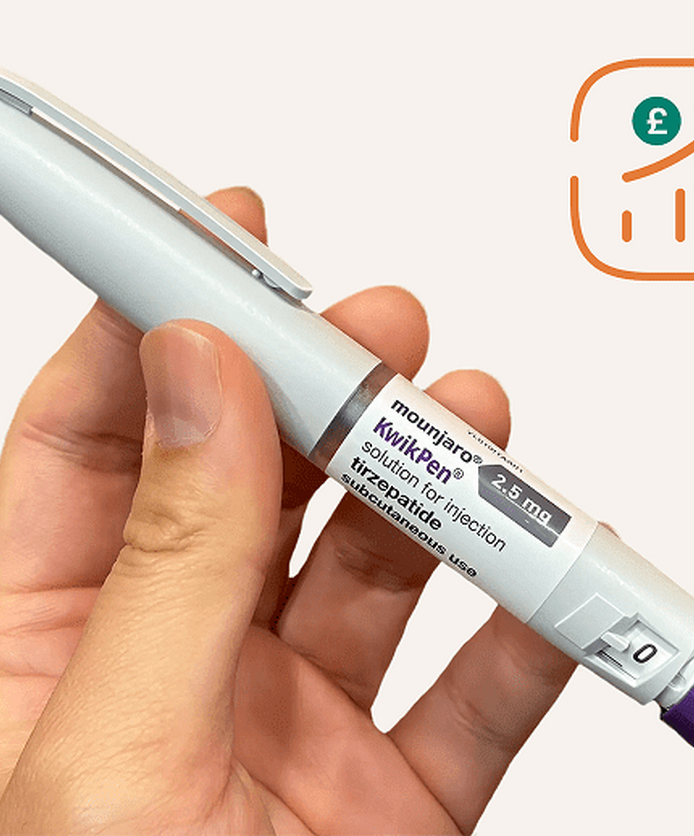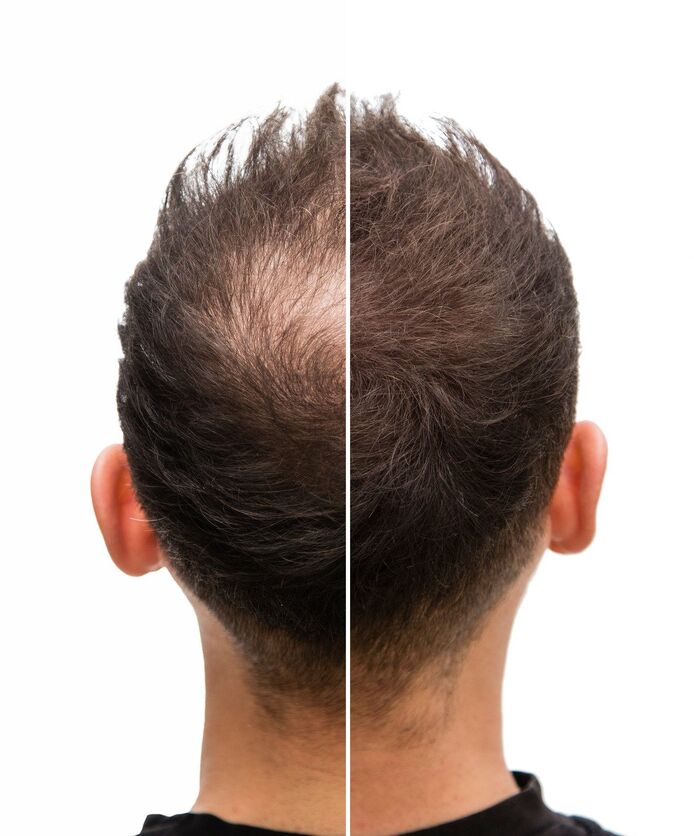What are the side effects of Propecia?

Propecia is a branded medication, containing 1mg finasteride, often used to treat male pattern baldness. It works by reducing levels of the hormone dihydrotestosterone (DHT), which contributes to hair loss. However, like all medications, Propecia may cause unwanted effects in some people. Most users tolerate it well, but knowing what to look out for is always important.
In this article, we’ll explore the potential side effects of Propecia and how common they are, to help you make an informed decision.
What are the side effects of taking Propecia?
Whether you opt for Propecia or the generic version of finasteride, the potential side effects are the same. Typically, these side effects will go away once your body is adjusted to the medication but if they persist, you should speak to a healthcare professional.
The most commonly reported side effects include:
- reduced libido (sex drive)
- erectile dysfunction (difficulty getting an erection)
- problems during ejaculation, like a lower volume of semen.
These sexual side effects are understandably a concern for people thinking of starting treatment. While the idea of Propecia affecting testosterone might sound worrying, it's important to note that finasteride doesn’t lower testosterone levels - the side effects occur due to the reduction in DHT, not testosterone itself.
Other less common side effects may include:
- low mood or anxiety
- breast tenderness or enlargement (gynaecomastia)
- testicular discomfort
- skin rash or itching
- an increase in liver enzymes
- increased heart rate.
In rare cases, side effects may include:
- Severe depression or suicidal ideation
Make sure to inform your doctor before taking finasteride if you have any history of depression or suicidal thoughts. If you do start to experience this after taking finasteride, stop taking the medication immediately and inform your doctor straight away. - Anaphylaxis
Anaphylaxis is a severe, potentially life-threatening allergic reaction. It can cause difficulty breathing, swelling, lumps and difficulty swallowing. If these symptoms appear when taking finasteride, call 999 immediately as you will need urgent assistance. If you do have any known allergies or intolerances, be sure to check the full list of ingredients before taking Propecia. - Changes in breast tissue
If you experience pain, swelling or lumps in the chest area, or nipple discharge, contact your GP immediately. Changes to breast tissue can be a sign of breast cancer and it’s important to get it looked at as soon as possible. - Infertility
Finasteride can lead to reduced sperm count or low sperm quality, potentially leading to male infertility in men. Your sperm does generally return to normal after stopping taking finasteride but if you experience any issues, get in touch with a healthcare professional.
Some patients have reported persistent side effects, generally sexual and psychological, even after stopping the medication, though this is very rare.
How common are Propecia side effects?
It’s important to note that most men who take Propecia do not experience any side effects at all. Although side effects such as erectile dysfunction and decreased libido are talked about as common side effects, they actually affect up to 1 in 100 people, which is less than 1% of people who take Propecia. Serious side effects, including changes to your breast tissue and severe depression, are very rare and affect less than 1 in 1000 people.
Most side effects, when they do occur, tend to resolve within a few weeks or after you’ve stopped the medication. If you do notice any persistent symptoms, speak to a healthcare professional as soon as possible. Early discussion can help you to manage side effects effectively and ensure you get the most benefit from your hair loss treatment.
Sources:
https://www.nhs.uk/medicines/finasteride/side-effects-of-finasteride/
https://onlinedoctor.superdrug.com/side-effects-finasteride.html
https://www.sciencedirect.com/science/article/pii/S0015028213027866
https://www.nhs.uk/medicines/finasteride/fertility-and-pregnancy-while-taking-finasteride/
https://bnf.nice.org.uk/drugs/finasteride/
https://www.gov.uk/drug-safety-update/finasteride-reminder-of-the-risk-psychiatric-side-effects-and-of-sexual-side-effects-which-may-persist-after-discontinuation-of-treatment
https://wimpoleclinic.com/blog/are-finasteride-side-effects-permanent-evidence-review/

What to Do About the Mounjaro Price...

Does Propecia work?

Switching from Mounjaro to Wegovy:...

What is Propecia?

How does Propecia work for hair loss?

